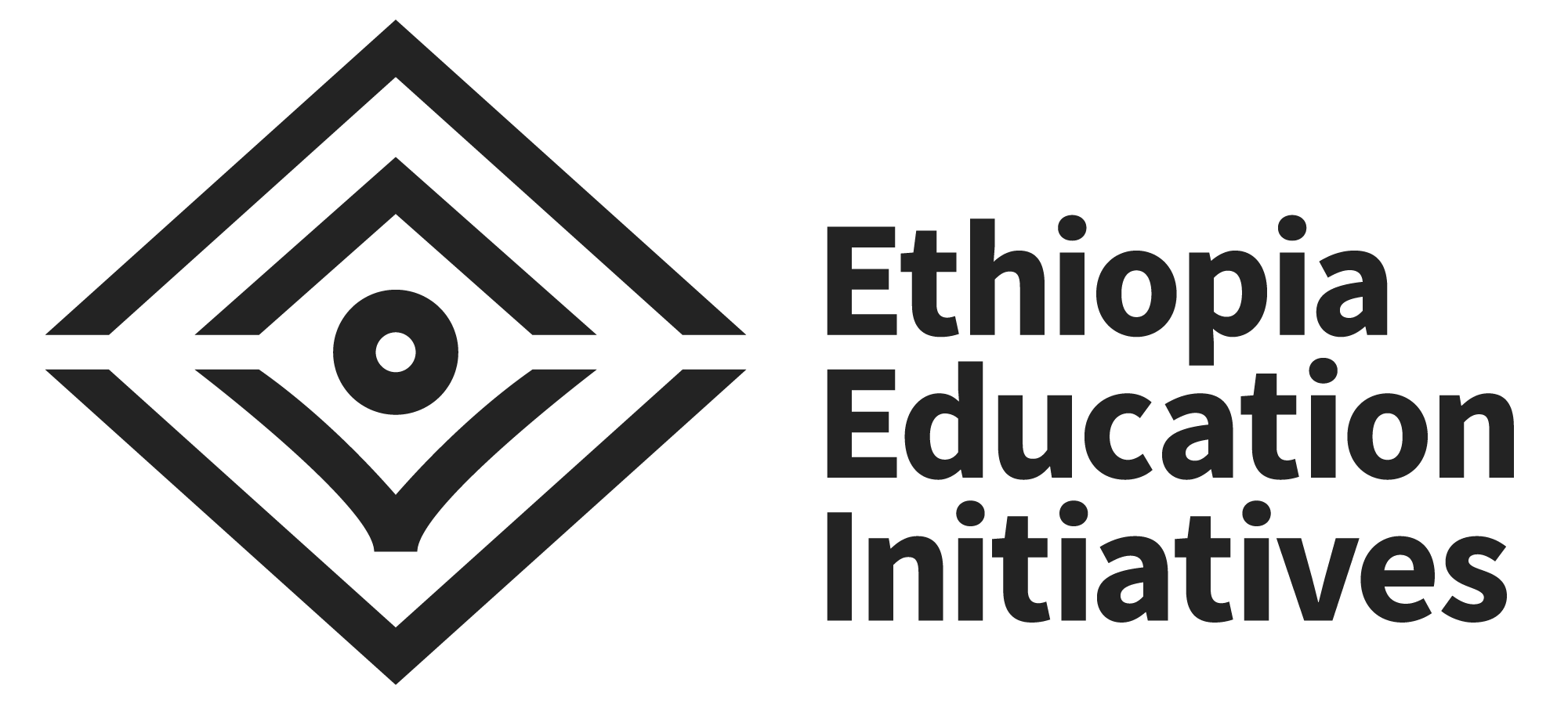Impact Through Science
Thomas Coon is HMA’s biology teacher.
One thing you might not know about my teaching journey is that I haven’t always been a science teacher.
I first fell in love with my life’s scientific passion—myrmecology, the study of ants—in elementary school. Years later, at university, I had the opportunity to design my own bachelor’s degree, which combined my interests in entomology (the study of insects) as well as in anthropology, psychology and philosophy. My goal was a career in myrmecology, but I soon learned there are only about 500 ant specialists in the world, which meant that any research I produced would only have meaning to a very small group. I knew I wanted to do something that would have greater impact. In high school, I had volunteered at a Rhode Island zoo teaching young children about animals. I recalled the joy I had felt working with these students and watching them develop their own passion for other living things, and eventually started thinking about a teaching career.
I also recognized how many people in countries like the United States can nourish our curiosities in higher education, without immediate career or financial responsibilities. I wanted to balance my good fortune by giving back, so I joined the Peace Corps, serving in Armenia as an Environmental Education volunteer, supporting local conservation NGOs and leading environmental green camps. I also fell into teaching English as a Foreign Language (EFL), as that was a highly requested skill in my community. After my time in the Peace Corps, I returned to the US to study international education, and then went right back abroad to teach EFL in Russia.
While in Russia, I developed further expertise in EFL teaching. Unlike ESL (English-as-a-Second Language) students, EFL students generally only encounter English in the classroom, without the benefit of surrounding cultural contexts. Young people are always interested in learning about animals, and thanks to my science background I found I could easily introduce animal-related topics into our English classes as a way to encourage their enthusiasm and engagement.
I enjoyed teaching English, but ached to get back to science instruction and for the chance to develop long-term relationships with students in a more formal classroom setting. I returned to the US and joined an international boarding school, teaching science classes to the lowest level English ability students. It is rare for science teachers to have the EFL/ESL experience required to address the particular science learning challenges of that setting. I was fortunate that my previous EFL teaching experiences provided me with the skills to meet my students’ needs.
One of the most important aspects of teaching science is how we communicate with each other across cultural and linguistic contexts. I am perfectly comfortable telling my students with vulnerability: “Plants are cool, but I know more about insects,'' and “If you want to know more, we will have to figure it out together”. It’s exciting to think about how we will communicate with and learn from each other at HMA, because a good teacher is not necessarily an expert; a good teacher facilitates student learning and often learns new things in the process. Education is about the journey as much as the destination, and I think this first year at HMA is going to be the best kind of shared adventure.
